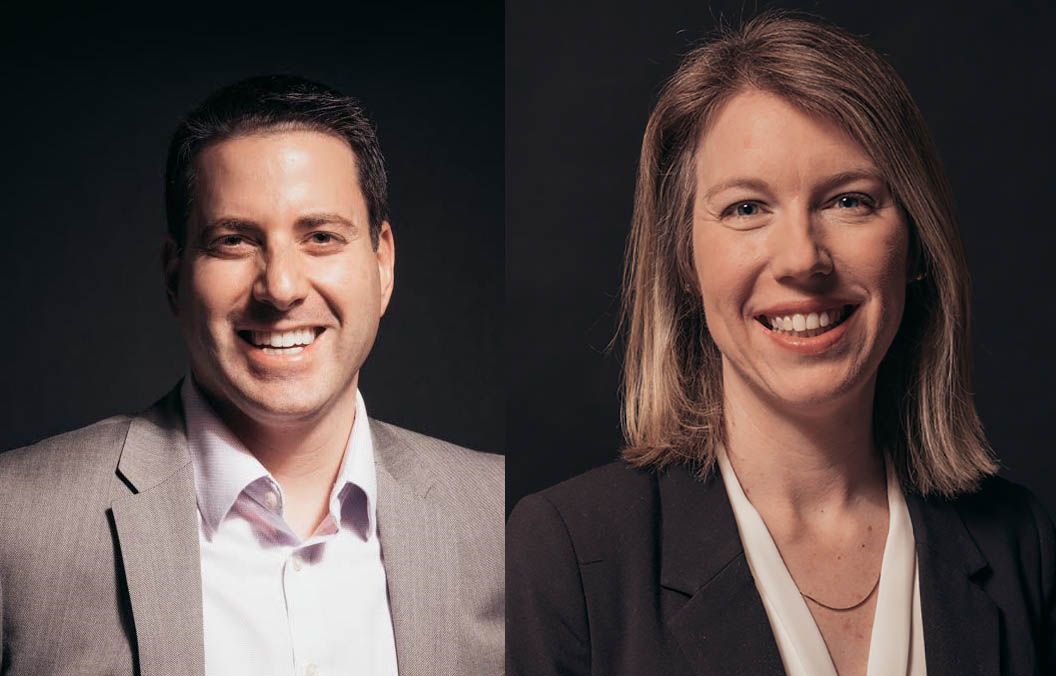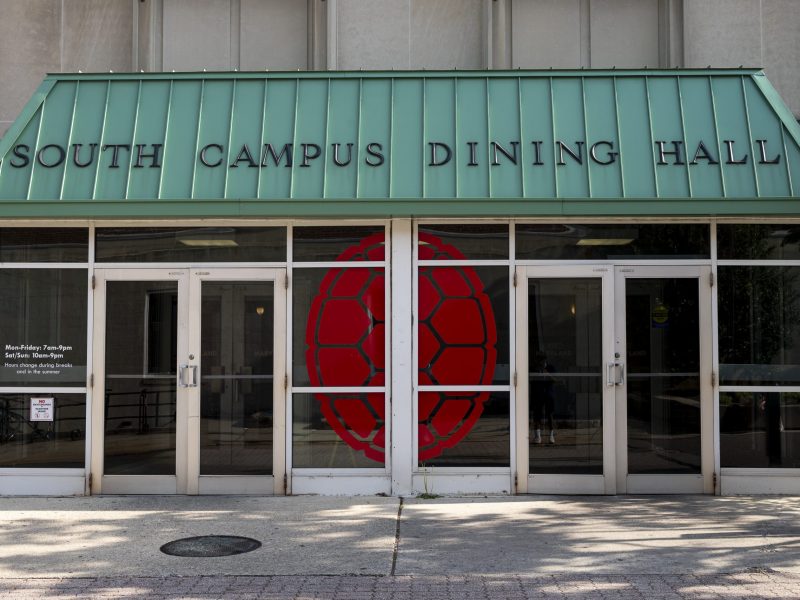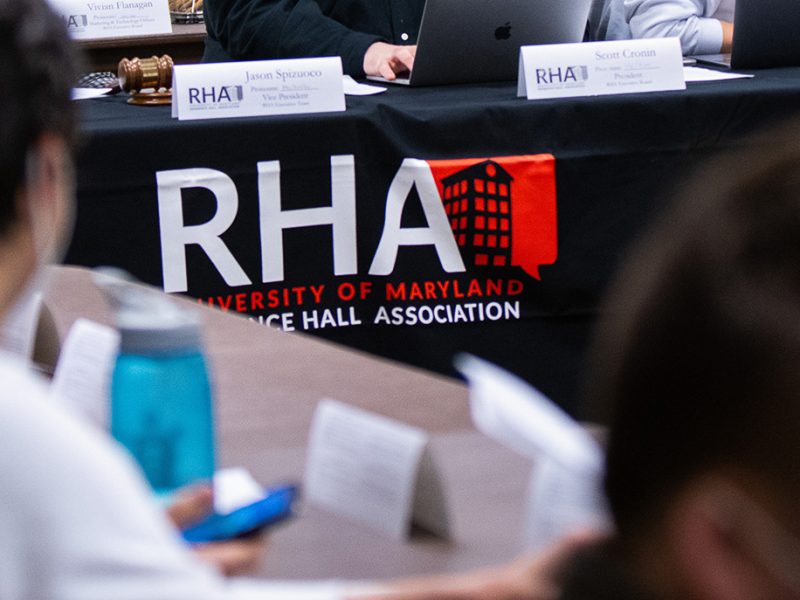By Sarah D’Souza
For The Diamondback
Two University of Maryland graduates are creating an HBO documentary series with their media startup, Axios.
Roy Schwartz, the company’s co-founder and president, and Kim Hart, its managing editor, both attended this university — Schwartz graduated in 1998 with a bachelor’s degree from the business school, and Hart graduated in 2005 with a master’s in journalism.
The two worked at Politico for a time before Schwartz went on to co-found the news website Axios — Greek for “worthy” — in 2016. Hart joined the site, which is known for its brief articles on politics, technology and other topics, just before its launch in 2017.
The company is now partnering with HBO to produce a short documentary series, which will cover “the week ahead in politics, business and technology – and the big topics shaping the future,” according to an August release.
The documentary will be four episodes long and will air from Nov. 4 to Nov. 25 on HBO. It will feature a combination of interviews and brief reporting pieces in Axios’ self-described “smart brevity” style, delivering what it deems most important information upfront.
“I think you’re going to be really surprised at what you see on screen, especially because it’s a lot of things that you wouldn’t look at normally in a traditional reporting way,” said Axios spokesperson Megan Swiatkowski. “Axios is definitely doing something different, and Kim and Roy are going to be a big part of that.”
The documentary will feature “fast-moving segments,” condensing the news while maintaining Axios’ style, said Schwartz, who helped develop the relationship with HBO and handled licensing rights and other financial matters.
“We’ll be able to get you really smart — we say ‘smarter faster,’” he said. “The way that we are going to do it is going to be pretty innovative in terms of what’s been done on TV before. It will not look like a standard news show.”
Hart will create content for the documentary, including helping decide who will be interviewed for segments, what questions will be asked and what stories to cover.
“We come up with an idea that pertains to my area of expertise, really about who we want to get on camera for that [topic], who would be the best person to bring that idea and that storyline to life,” Hart said, “but also to get under the surface and to give viewers something that sheds new light on a topic that they probably won’t see somewhere else.”
Freshman environmental science and policy major William Ginsberg called Axios “reliable,” but said he often reads other news sites like the Washington Post and CNN.
“I can trust it. So I know I’m going to get good information when I go there,” he said.
But will Ginsberg watch the documentary?
“I guess I’d be interested if I had the time,” he said.



